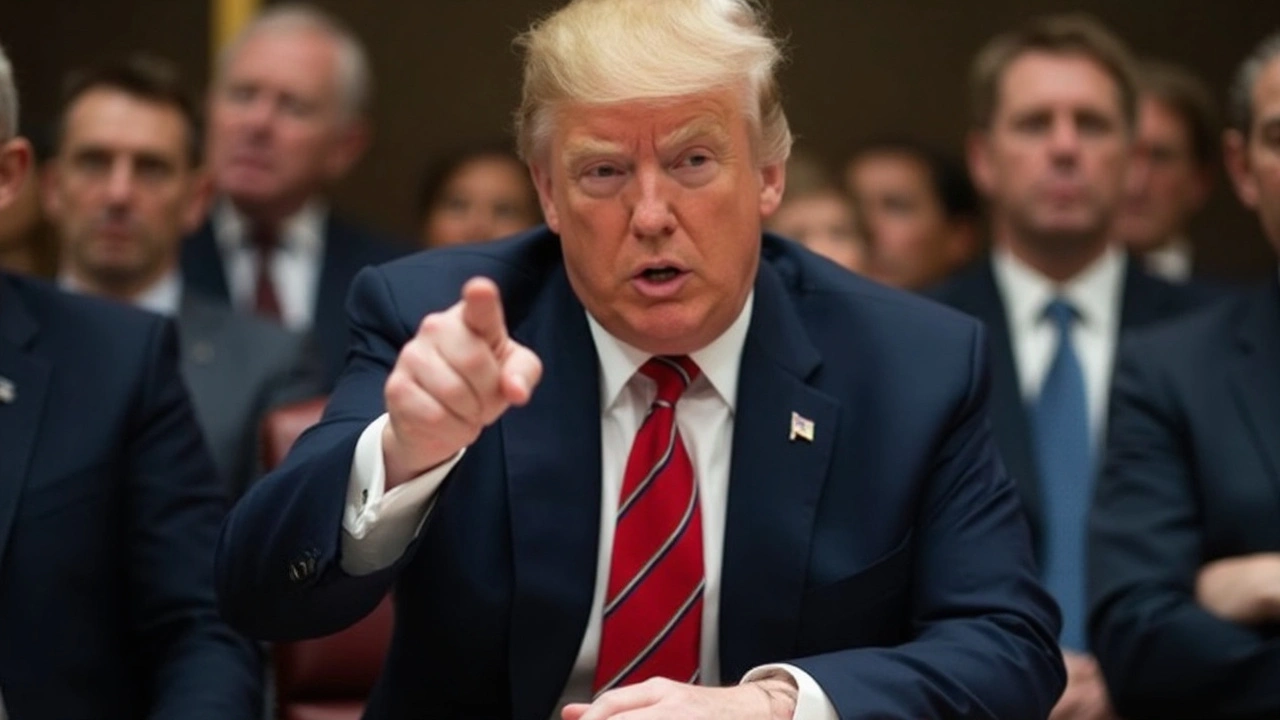U.S.-China Tariffs and Their Real‑World Impact
When the U.S. and China slam each other with new tariffs, it’s not just a headline—it ripples through supply chains, commodity prices, and even the everyday life of people in Africa. You might wonder why a dispute half a world away matters to you. The answer is simple: many African exporters rely on Chinese factories for parts, while U.S. buyers watch the price tags on everything from cotton to electronics.
Why the Tariff Battle Matters for African Businesses
First off, higher duties on Chinese goods mean that imports become pricier. If you run a South African retail chain that sources gadgets from Shenzhen, your cost base could jump 10‑15 %. That pressure often gets passed to shoppers, squeezing margins on both sides. On the flip side, African farmers exporting raw materials to China—think cocoa, coffee, and cotton—might see demand wobble if Chinese manufacturers cut back because their own input costs rise.
Second, the uncertainty fuels currency swings. The rand, naira, and shilling tend to react to any major trade news, making budgeting a nightmare for import‑heavy companies. A sudden 5 % dip in the rand can erase any savings you get from negotiating better supplier terms.
What You Can Do Right Now
Don’t sit and wait for the next round of tariffs. Start by diversifying your supplier list. If you can shift a portion of your inventory to manufacturers in Southeast Asia or even local producers, you’ll buffer yourself from sudden cost spikes. Look for bulk‑buy discounts where you can lock in prices before the next tariff wave hits.
Second, keep an eye on exchange‑rate hedging tools. A simple forward contract can protect you from a sudden rand slide, letting you focus on sales instead of finance headaches. Many South African banks now offer affordable hedging packages aimed at small‑to‑mid‑size enterprises.
Finally, stay informed. Subscribe to local business newsletters, follow the Africa Success Daily tag for updates, and attend trade webinars that break down complex trade policies into plain English. The more you know, the faster you can react.
In short, U.S.-China tariffs are a global shock absorber, and Africa feels the tremors. By trimming dependence on a single market, guarding against currency swings, and staying updated, you can turn this challenge into an opportunity. Keep your eyes on the trade news, and you’ll be ready when the next tariff announcement drops.

14
May
The U.S. and China have agreed to roll back some tariffs for 90 days, aiming for a ceasefire instead of real peace. Long-term disputes remain, with American fears over China’s economic power and China turning away from U.S. exports, focusing on other markets.
Read More
